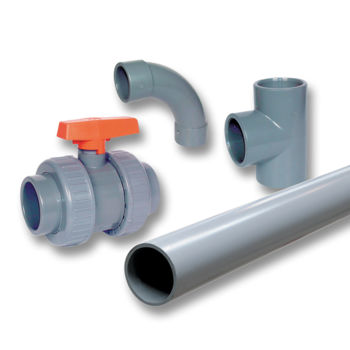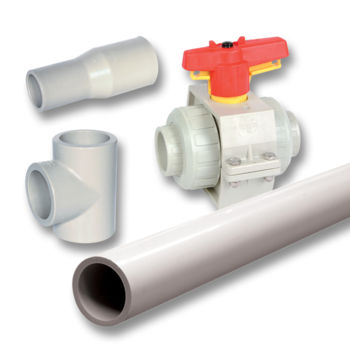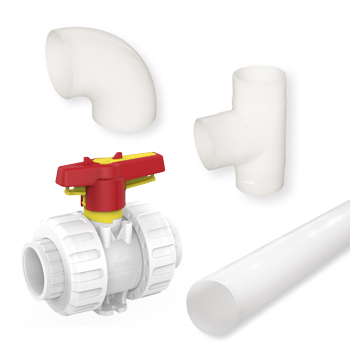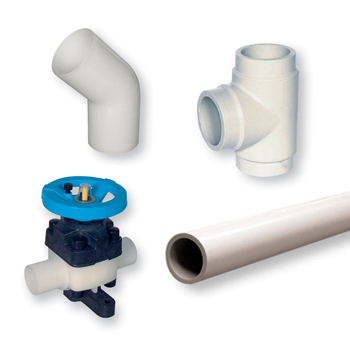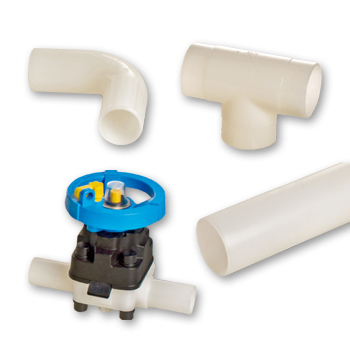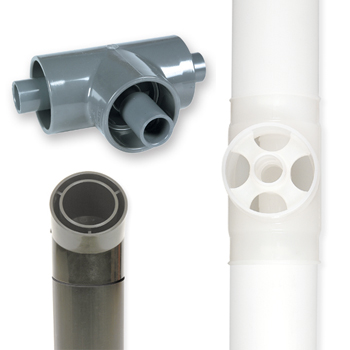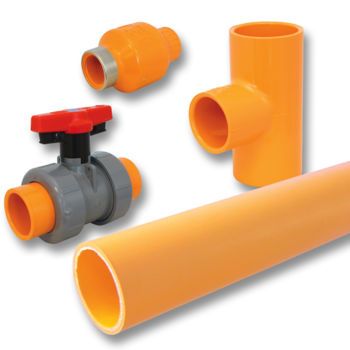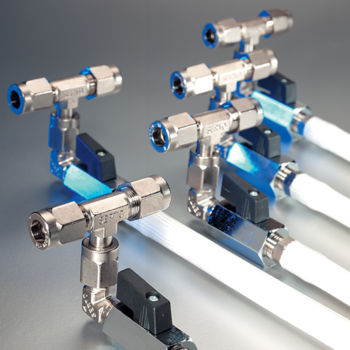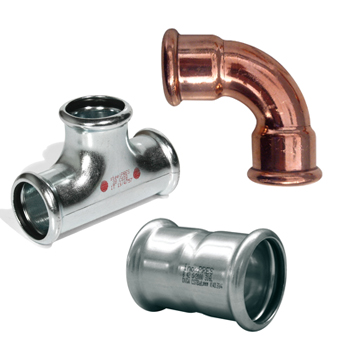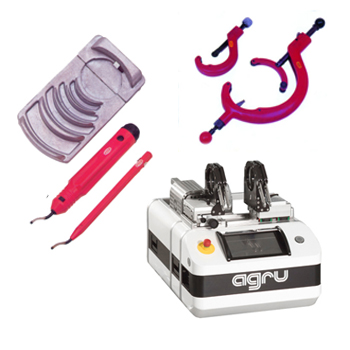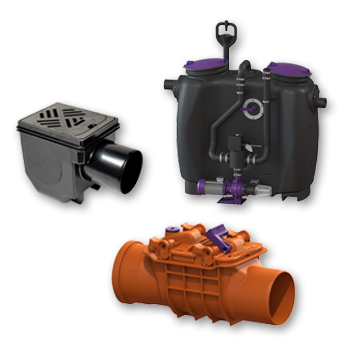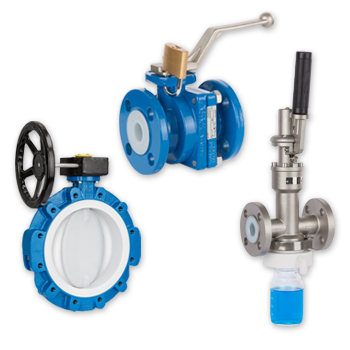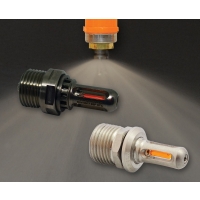Prevent Systems - Water Mist
The history about Prevent Systems innovative solutions goes back to 1987. Back then their current Head of Technology started developing water mist nozzles for fire suppression.
The systems were originally developed for the maritime sector and are found on board cruise liners, ferries and yachts all over the world. When founding Prevent Systems AS in 2007, the focus was shifted to the land-based market.
Their innovative solutions have made us a market-leader within research, development and distribution of automatic fire suppression systems with low pressure water mist.
Prevent Systems was the first company to meet the test requirements for the Nordic residential water mist standard, INSTA 900-3, and the British water mist standards for residential and domestic, BS 8458, and for low hazard occupancies, BS 8489. They were also the first company to obtain LPCB certification for water mist nozzles, listed on RedBookLive.com.
More than 25 years of research and development experience enables us to deliver innovative patented fire protection technology to the fast growing residential market, as well as for light- and ordinary hazard applications. This includes apartment buildings, care institutions, hospitals, hotels, office buildings, schools parking garages and cultural heritage buildings.
Nozzles from Prevent Systems are available both as ceiling and wall models. The nozzles are approved for Residential and Ordinary Hazard applications OH-1, OH-2 and OH-3.
BENEFITS OF LOW PRESSURE WATER MIST
Exploiting water more efficiently has its’ obvious benefits;
- The systems demand less water, smaller water intake or tank
- Smaller dimensions on pipes and fittings
- Easier and faster installation and replacement
- Discrete and space-saving design in corrosion-free materials
- Low maintenance costs due to high quality corrosion free components
- Effective fire suppression solution that attacks all three sides of the fire-triangle simultaneously
- Non-toxic fire extinguishing with reduced water consumption
- Minimal interruption of the daily operation in case of fire
- sales@ipsflowsystems.com
- 0191 521 3111
- Seaham Grange Industrial Estate, Seaham, Durham, SR7 0PT,



